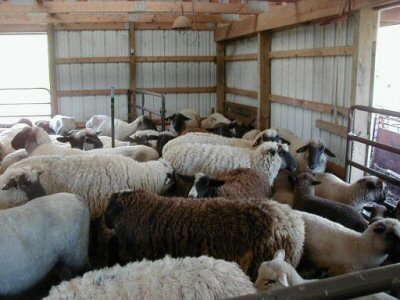Orthodoxy has a rich tradition of choral music. Our services are chanted and sung rather than spoken, with the human voice as the only instrument. Each national church has its own musical traditions, but underlying all of them are the eight modes or "tones" of Byzantine Chant. The traditional tones can be quite a shock to someone who has only encountered Orthodox music in its lush, more westernized Russian incarnation. It is emphatically not western sounding, with a modal scale that strikes the uninitiated as sounding positively middle-eastern. Nonetheless, once you get your ears adjusted, there is a delicate and somber beauty that is hard to reproduce in Western notation. I have made a few attempts at the traditional tones over the years. The result was disheartening, rather like listening to the Lawrence Welk Orchestra working its way through the B. B. King songbook. Nonetheless, I still have hopes. The Greek Archdiocese has a resource for the do-it-yourself student at its
On-Line Chapel; a whole
page of links to introduce the novice to Byzantine Chant.




